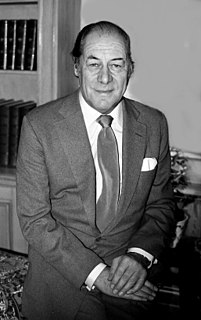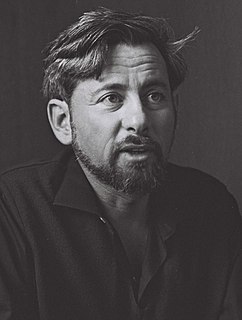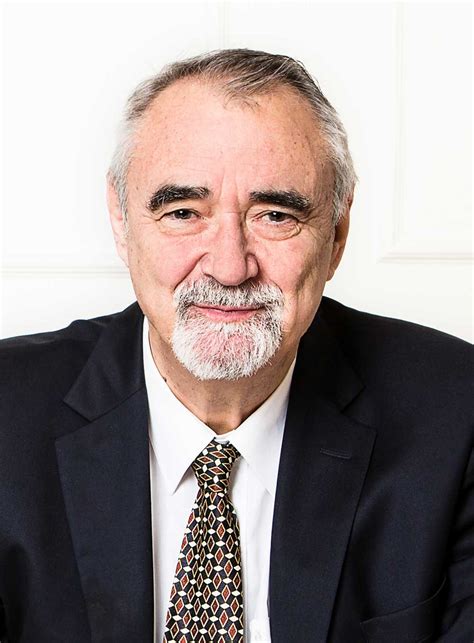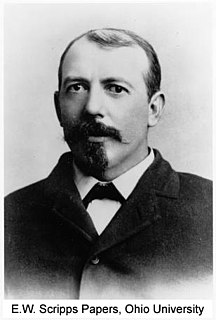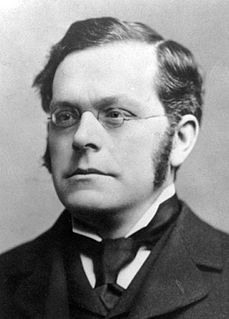A Quote by William Stanley Jevons
The calculus of utility aims at supplying the ordinary wants of man at the least cost of labour.
Related Quotes
Higgins: I'm an ordinary man, who desires nothing more than just an ordinary chance, to live exactly as he likes, and do precisely what he wants. An average man am I, of no eccentric whim, Who likes to live his life, free of strife Doing whatever he thinks is best for him, Well, just an ordinary man
PLEASURE and pain are undoubtedly the ultimate objects of the calculus of economics. To satisfy our wants to the utmost with the least effort - to procure the greatest amount of what is desirable at the expense of the least that is undesirable - in other words, to maximize pleasure, is the problem of economics.
One of the main aims of Sharon is to prevent a Palestinian state - a real, viable, sovereign, free Palestinian state. It has been the major task of his life for the last forty years. What Sharon wants to do is "shorten the lines," in military slang. He wants to give up some positions which are untenable, or which cost too much to keep, and to withdraw to where he wants Israel to be.
The ordinary patient goes to his doctor because he is in pain or some other discomfort and wants to be comfortable again; he is not in pursuit of the ideal of health in any direct sense. The doctor on the other hand wants to discover the pathological condition and control it if he can. The two are thus to some degree at cross purposes from the first, and unless the affair is brought to an early and happy conclusion this diversion of aims is likely to become more and more serious as the case goes on.
I mean a man whose hopes and aims may sometimes lie (as most men's sometimes do, I dare say) above the ordinary level, but to whom the ordinary level will be high enough after all if it should prove to be a way of usefulness and good service leading to no other. All generous spirits are ambitious, I suppose, but the ambition that calmly trusts itself to such a road, instead of spasmodically trying to fly over it, is of the kind I care for.

